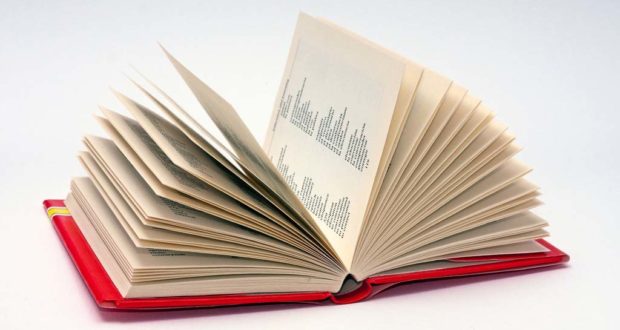by Jim Shanley
“The dictionary is the biggest secret of excellent spellers and the thesaurus is the best friend of competent writers!”
Dr. Mary Kay Clark, Director of Seton Home Study School
10 tips to encourage your students to use this useful tool:
- First, it’s important to purchase a quality dictionary.
- It’s also a good idea to upgrade your dictionary as your children are growing up. Like buying clothing for growing children, you want something that fits them well or maybe just a little “larger”, something they’ll soon grow into. Updating your dictionary will also insure that you can reference new words that are added to the dictionary every year.
- Start a “new word” journal and keep it handy. When you come across a word you don’t recognize or know the meaning of, jot down the new word and look it up. Write down the definition. Make a game of it by keeping a daily score. This is a great show and tell at dinnertime.
- Score an extra point when you use your new word in a sentence!
- Know how to make the most of your find. Once you’ve located the word you’ll find several useful elements. Depending on your dictionary, in addition to the definition, you might find: one or more pronunciations, relevant capitalization, synonyms and antonyms, history of the word, and examples of how the word is used.
- Dictionaries often have a wealth of interesting information including maps, population, lists of countries, cities, capitals, etc.
- Learn how to use an online dictionary. To use Google to find online definitions, type: “define: akimbo”. The search engine will only look for definitions of akimbo. Make use of the audio content provided with online dictionaries. This can help considerably when you’re not sure how to pronounce the word.
- Just open up the dictionary to any page and scan the page for words that are unfamiliar or seem interesting. Pinpoint one, read the definition, and try to add the new word to your thinking or talking during the next few days until it becomes a remembered part of your natural vocabulary.
- Play a dictionary game with friends. Get some friends together and grab a dictionary. The first player looks up a challenging word and uses it in a sentence. The other players have to guess if the use of the word is accurate or an outright fabrication. If a player guesses correctly, it’s his or her turn next.
- Try another dictionary game. Each player chooses a word which should be familiar to the other players, then reads out the dictionary definition. The other players compete to guess the word as quickly as possible – maybe even before the definition is finished.
Some material referenced from How to Use a Dictionary: 8 Steps – wikiHow
Header Image CC Horia Varlan

 Seton Magazine Catholic Homeschool Articles, Advice & Resources
Seton Magazine Catholic Homeschool Articles, Advice & Resources
